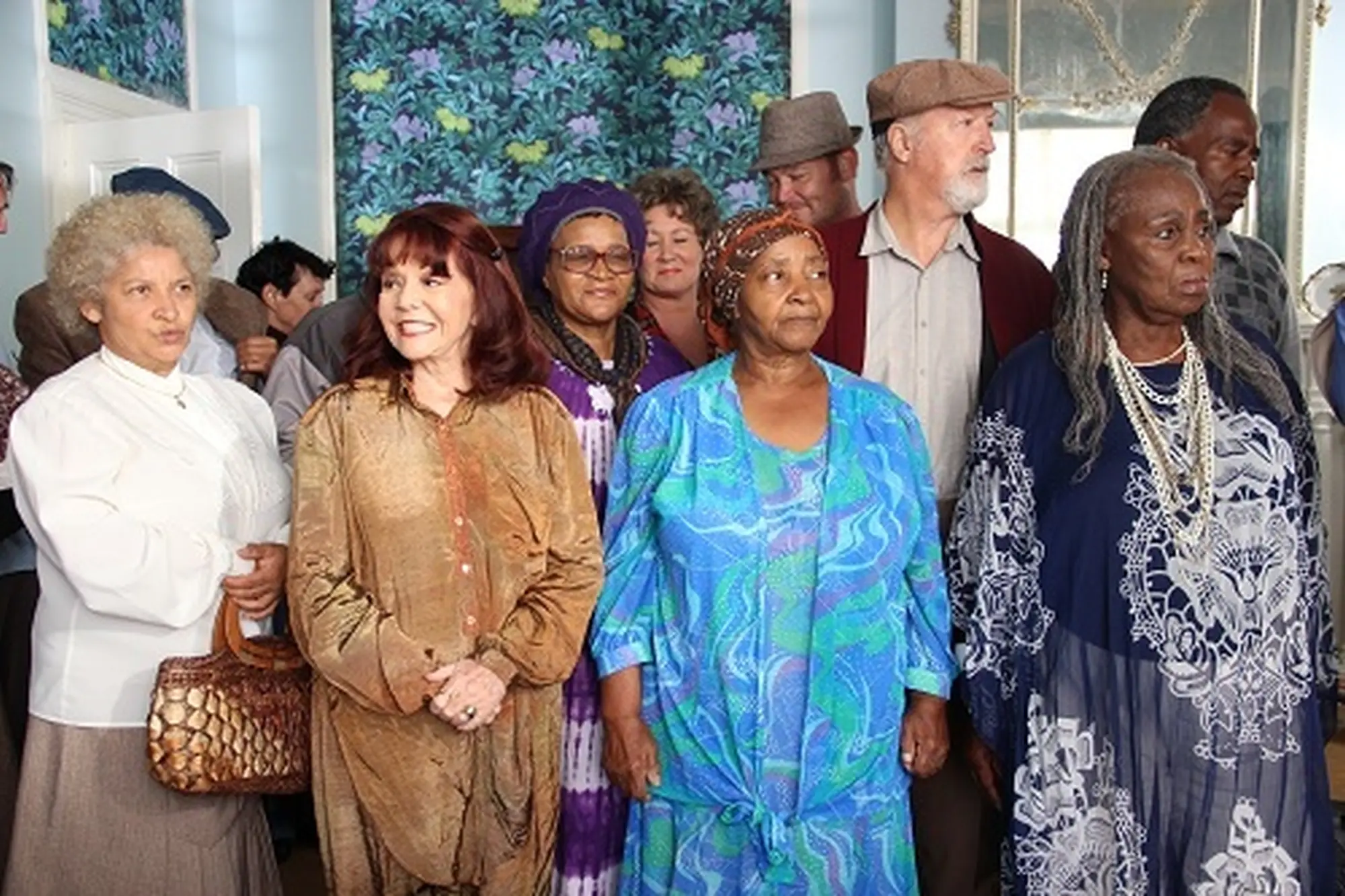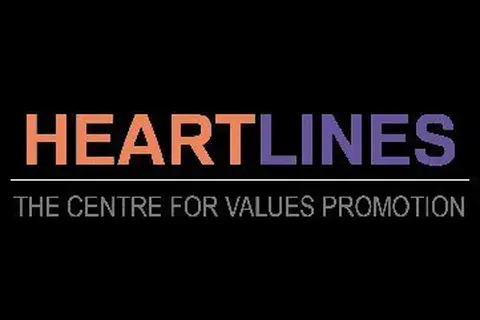Press release: Women face the brunt of economic inequality
Gang , Forgiveness , Gambling , EmpowermentThe rising cost of living is not only eroding the disposable income of South Africans but putting additional pressure on the economically marginalised - particularly women - as the country prepares to mark National Women’s Day.
Award-winning NGO HEARTLINES has paid tribute to South African women who have managed to persevere despite overwhelming odds.

HEARTLINES CEO Garth Japhet noted that women continued to bear the brunt of a difficult economy. He said it was also important to consider that women tend to set the tone within the household for attitudes to money. “We tend to look at how much money comes into the household. But it’s as important how that money is spent and what it is spent on,” said Japhet. “Now, after almost 20 years of democracy, our attitudes to money remain critical. We define ourselves as a nation by how we earn money, how we spend it and how we give it away.”
HEARTLINES is launching a national campaign to encourage South Africans to discuss their attitudes and behaviours around money.
More women doing unpaid work
The Stats SA Gender Statistics in SA 2011 report shows that men are more likely to be in paid employment than women regardless of race, while women are more likely than men to be doing unpaid economic work. The unemployment rate of women was 2.9% higher than the national average which was set at 24.9%.
“While education is an enabler, disappointingly, women are not as enabled by their education status as their men counterparts. For example the proportion of women with tertiary education who are employed is almost 10 percentage points lower than that of men with the same level of education. Furthermore, women with tertiary education earn around 82% of what their male counterparts earn,” the report notes.
This confirms a FinMark Trust Financial Vulnerability Index which found that women are more financially vulnerable than men because women on average still earn less than men. Most of the 32,4% of the population living under the poverty line - set at R305 per person per month - are women.
“We know that despite the financial hardship in a country with a high prevalence of single mother headed households, South Africans continue to try to pay their bills,” said Japhet, citing baseline research released last year by the Financial Services Board.
Funding for Nothing for Mahala and the wider HEARTLINES campaign has come from Nedbank. The following organisations are also funding the film: the Department of Trade and Industry, the National Film and Video Foundation and the Industrial Development Corporation. Campaign support is from the National Lottery Distribution Trust Fund, the National Debt Mediation Association and the SABC. The campaign will roll out across all SABC channels early in the new year.
Join the conversation:
Facebook: www.facebook.com/HeartlinesZA
Twitter: @HeartlinesZA
Featured






